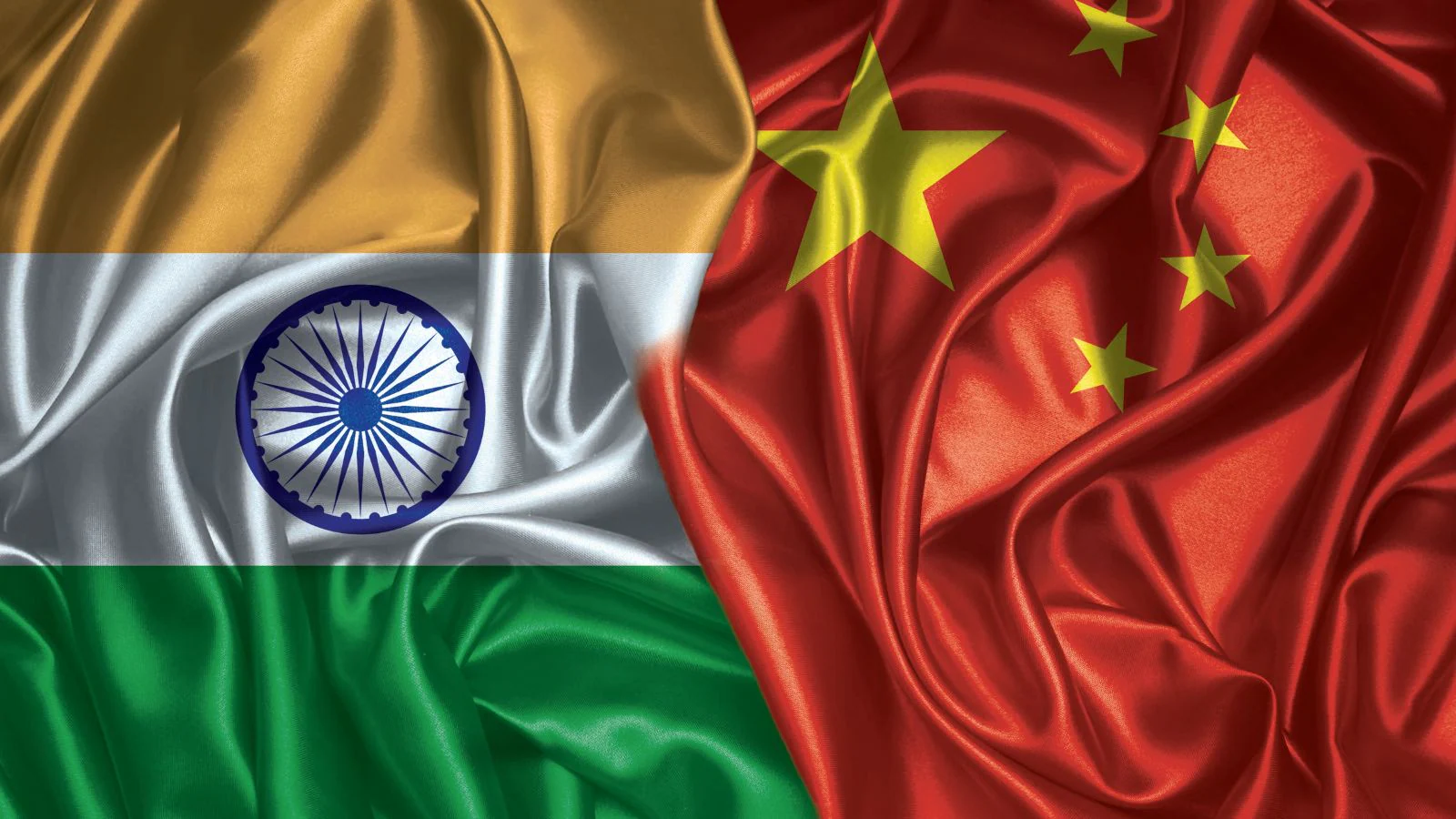By Abhijit Majumder News18
India and China’s relations make for the most heated headlines. With a war in the past and at least three violent skirmishes in the last 10 years, the two nations seldom create good news.
But behind closed doors, top officials both in India and China have lately started saying something unusual. They say the tiger-dragon relations have never been as good as they are now.
This makes one believe that the Dalai Lama’s blunt announcement about continuing with the tradition of reincarnations without letting China meddle in it will spike tensions temporarily, but not break ties.
The Dalai Lama said in his speech: “As far back as 1969, I made clear that concerned people should decide whether the Dalai Lama’s reincarnations should continue in the future. I also said, when I am about ninety, I will consult the high Lamas of the Tibetan Buddhist traditions, the Tibetan public, and other concerned people who follow Tibetan Buddhism, to re-evaluate whether or not the institution of the Dalai Lama should continue. Over the last 14 years leaders of Tibet’s spiritual traditions, members of the Tibetan Parliament in Exile, participants in a Special General Body Meeting, members of the Central Tibetan Administration, NGOs, Buddhists from the Himalayan region, Mongolia, Buddhist republics of the Russian Federation and Buddhists in Asia including mainland China, have written to me with reasons, earnestly requesting that the institution of the Dalai Lama continue. In particular, I have received messages through various channels from Tibetans in Tibet making the same appeal. In accordance with all these requests, I am affirming that the institution of the Dalai Lama will continue.”
The Chinese foreign ministry shot back: “The reincarnation of the Dalai Lama, the Panchen Lama and other great Buddhist figures must be chosen by drawing lots from a golden urn, and approved by the central government.” It alludes to a method introduced by a Qing dynasty emperor in the 18th century.
Some think this could make things go ballistic. But it most likely will not shake up relations. Rising trade, growing diplomatic cooperation, and a world thrown into uncertainty but the US President’s mercurial diplomacy will keep India and China invested in each other.
Undoubtedly, China will keep using Pakistan (and possibly Bangladesh) as irritants against India and try to destabilise it internally by funding and weaponising dissent. India will also firmly stand by the Tibetan spiritual leadership in exile, make friends with China’s enemies in the neighbourhood, and push the Quad agenda.
But it would be done within the limits of what Soumya Bhowmick describes in his ORF Foundation piece as a ‘managed rivalry’.
India’s evolving engagement with China reflects a strategy of managed rivalry—balancing selective cooperation with strategic hedging. Rather than decoupling, India is recalibrating its economic and diplomatic posture by diversifying partnerships, securing resilient supply chains, and reducing dependence on China, especially as Beijing deepens ties with Pakistan. This marks a shift from reactive diplomacy to a tactically layered approach, where competition is contained without collapsing ties.
The growing trade between the two nations is perhaps the most robust bulwark against direct conflict. In the first quarter of 2025, India and China’s bilateral trade swelled to $136 billion, marking a 9.2 per cent year-on-year growth. Although this trade is heavily skewed in favour of China, Beijing remains New Delhi’s second-largest trading partner, with the US at number one.
At the CNN-News 18 Rising Bharat Summit 2025, foreign minister S Jaishankar said India and China were discussing collateral issues related to Covid-19, direct flights, and the resumption of the Kailash Mansarovar Yatra.
The India-China border agreement on October 21, 2024, led to the first meeting since 2019 between Indian PM Narendra Modi and Chinese President Xi Jinping on the sidelines of the BRICS summit. Military disengagement in Ladakh, regular dialogue on border management, and the rebuilding of bilateral ties followed.
Jaishankar met his Chinese counterpart Wang Yi in November 2024 and discussed resuming talks of a religious pilgrimage in Tibet, data sharing on trans-border rivers, direct flights between India and China, and media exchanges.
The two defence ministers, Rajnath Singh and Admiral Dong Jun, also met in November 2024. In December, NSA Ajit Doval met Wang for border talks.
Then came foreign secretary Vikram Misri’s Beijing visit in January 2025. India wants to move relations to a ‘more stable and predictable path’, while Beijing has called for the need to be ‘partners rather than rivals’.
The vagaries of a Trump-ian world—tariff wars and unpredictable diplomacy over international conflicts—is another reason to deepen ties with each other instead of scuttling what exists. Which is why the two nations will most likely cross the river of bile over the Dalai Lama episode and safely reach solid ground soon.
Abhijit Majumder is a senior journalist. Views expressed in the above piece are personal and solely those of the author. They do not necessarily reflect News18’s views.
